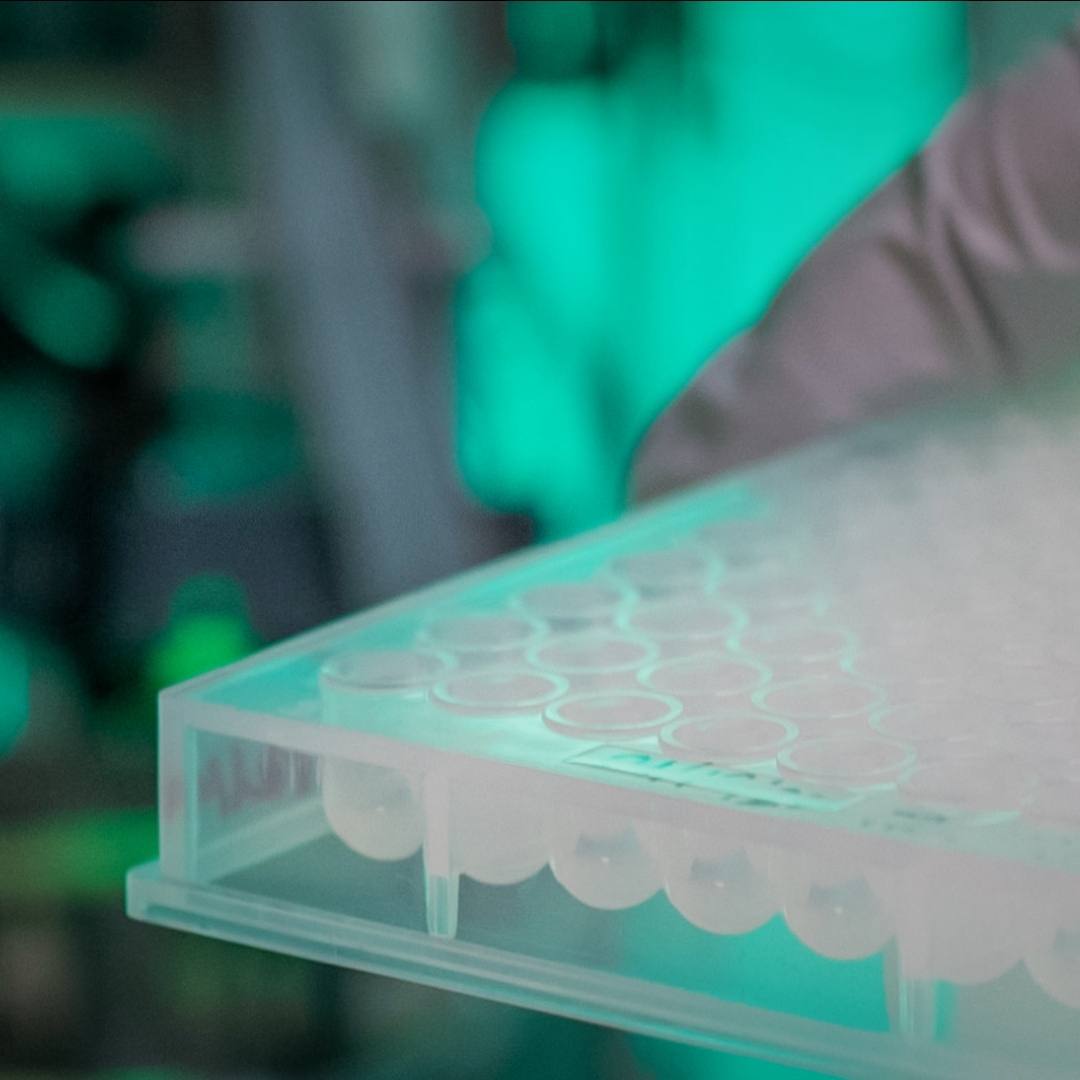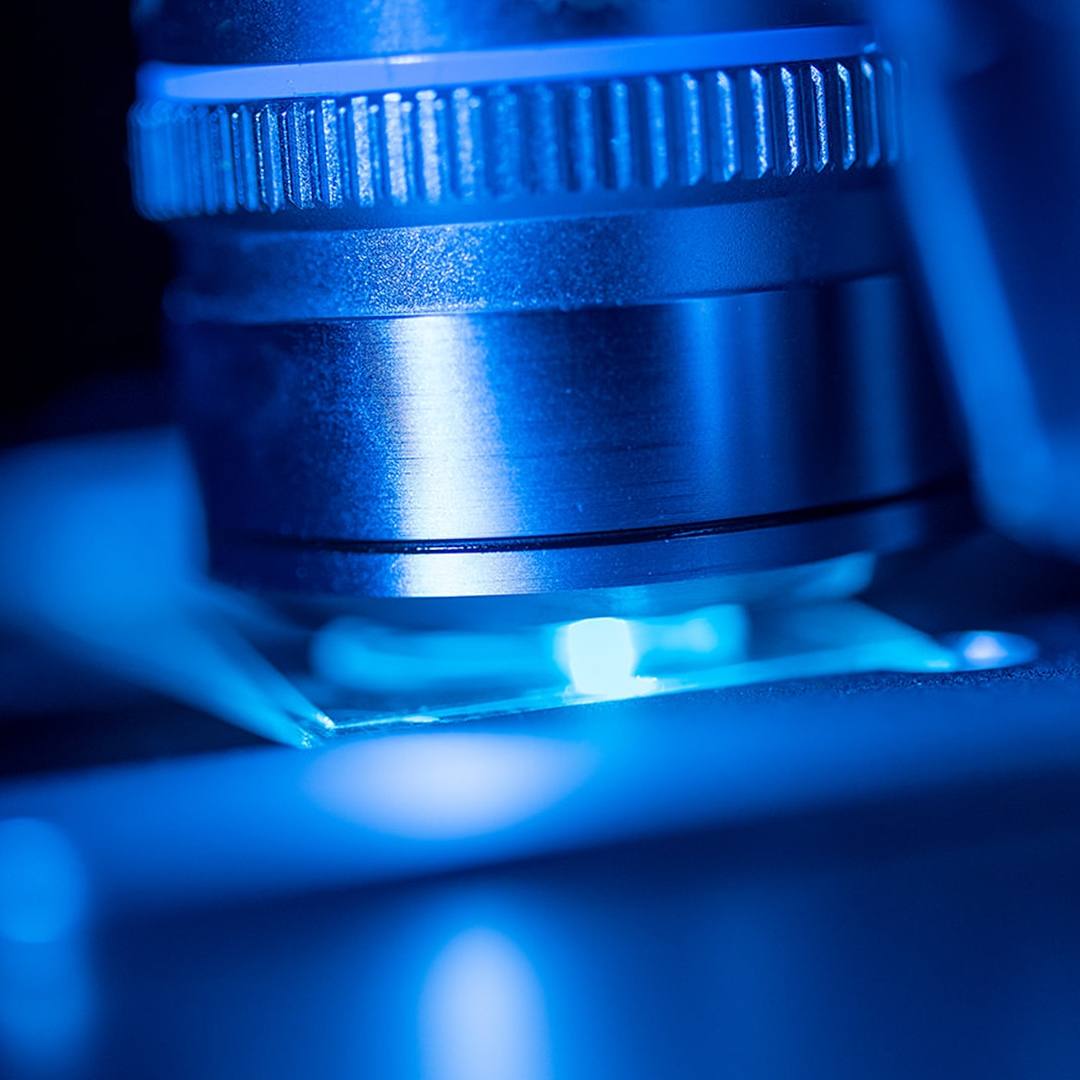-
Science Saturday
Science Saturday: Improving diagnosis of rare congenital disorders

When a child falls ill, two questions quickly come front and center for parents: What’s the problem, and what can be done to fix it? For families whose children have certain congenital disorders, the answers to those questions can be maddeningly elusive.
Laboratory tests to diagnose congenital disorders of methylation, such as Beckwith-Wiedemann, Silver-Russell, Prader-Willi, and Angelman syndromes, often come back without a definitive result.
“We can have up to 25% of our results be equivocal for these conditions, and that's just not acceptable,” says Linda Hasadsri, M.D., Ph.D., director of Mayo Clinic’s Molecular Technologies Laboratory in the Department of Laboratory Medicine and Pathology’s Division of Genetics and Genomics. “These are typically pediatric patients, and their parents are already in an anxious and stressful state, hoping to get an answer through testing. With an unclear result, we haven't solved anything. And we may have even added to their anxiety.”
The need to improve those tests is particularly pressing at Mayo Clinic because it has one of the largest volumes in the world of molecular testing for rare congenital conditions involving abnormal methylation. In 2020, Dr. Hasadsri and a team in Mayo Clinic’s Advanced Diagnostics Laboratory launched a project to create a replacement for the current method of testing, which has been the gold standard for more than 20 years. Over the last two years, that project has produced remarkable results.
Read the rest of the article on the Mayo Clinic Laboratories blog.
____________________________________________
Other Mayo Clinic medical research websites:
- Research at Mayo Clinic
- Discovery’s Edge
- Advancing the Science
- Forefront
- Center for Individualized Medicine
- Center for Regenerative Medicine
- Center for the Science of Health Care Delivery







